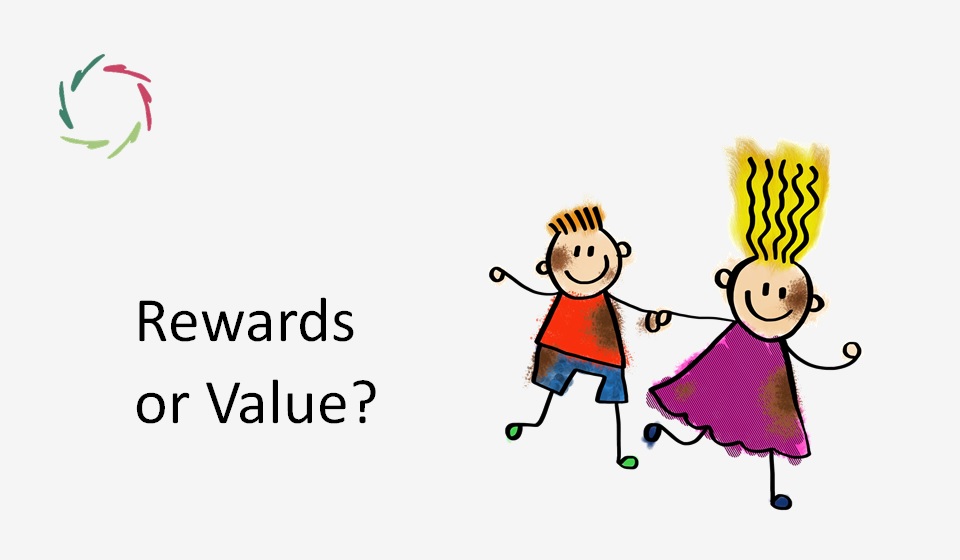You Are Free Even while Freedom Is an Illusion

Freedom has multiple aspects.
In a previous post, I described how you can feel free [see: ‘In Defense of Free Will’]. While this is a nice feeling, are you indeed really free? A determinist says: no.
Does determinism annihilate free will?
Let’s define determinism for now as the idea that everything in the universe is theoretically predictable. One ‘only’ needs to know a complete state of the universe at one moment in order to be able to predict the next state. Everything you do, can thus be predicted by previous states. You too as a total person are pre-determined. This is: you are not really free. There is strictly no ‘free will’.
But it feels so different…
That is because there are so many dimensions involved. Any of these may be pre-determined, but with so many options and no knowledge of what the next move will be – directly related to complexity – does it still matter? Theoretically, you are ‘free’ in proportion to a double complexity:
- to inside: the complexity of yourself
- to outside: the complexity of your interactions.
A choice at any dimension within these two complexities can be influenced by many others, not bound within that one dimension. Theoretically, determinism on many variables is as deterministic as determinism on only one. But it’s less obvious. Is it therefore less relevant?
Ha! Or let’s go to what freedom has always meant.
For millennia, people didn’t want to be free in a deterministic sense. They didn’t even think about determinism. Of course, you can be a bird in a golden cage and feel free because you don’t know any other way. Striving for such a feeling is not exactly OK… For one thing, it’s almost an invitation to being abused. However…
Historically, the feeling of freedom was about ‘not being bound by the will of others.’
For instance: a country being invaded by another country and so having to bend to that country’s rules… Or people having to bend to a dictator, or to social rules that they do not see as their own. A democracy can be seen as a society in which people feel that the rules are made by and for them. Relevant to this is also the degree to which people can identify with that society as a whole. For instance, in the democratic voting process, people abide by the votes of the ‘winners’ because they can still identify enough even if they are the ‘losers’. Without this identification, there is not really a democracy but a continuous fight between separate groups within a bigger entity. You see the difference?
In the end, complexity saves freedom
A choice is not free if it is random (the dice give no choice) nor if it is deterministic (a strict law gives no choice), nor if it is ‘probabilistic’ (statistics give no choice). Otherwise, a choice does abide to the historical concept of freedom even in a deterministic universe if it ‘comes out of you.’ Sheer complexity makes it so. Thus, you are entitled to it. ‘Growing’ as a person brings more space in which to be free. This ‘freedom’, even if it is theoretically an illusion in a fully determined universe, is of immense value. So, better keep it.
Apart from this, we don’t even know about universal determinism. Hidden non-deterministic freedom may be present anywhere. We just don’t know. Should we care?


